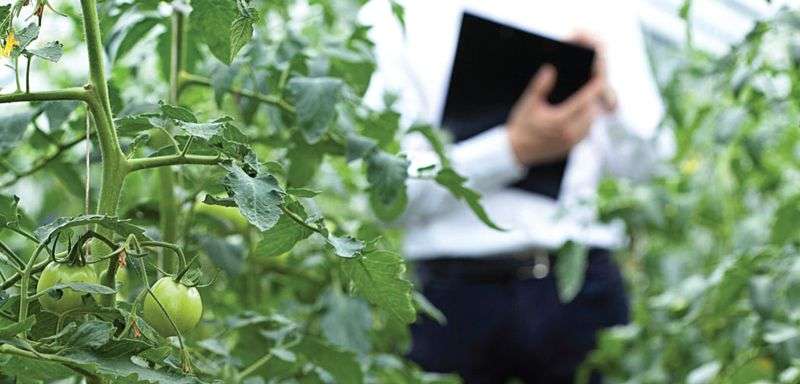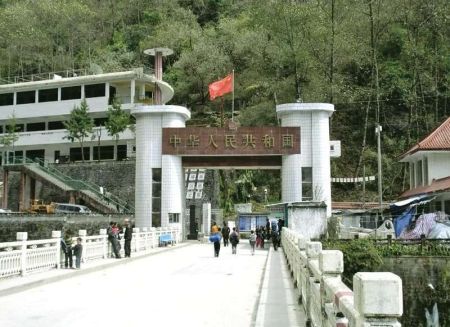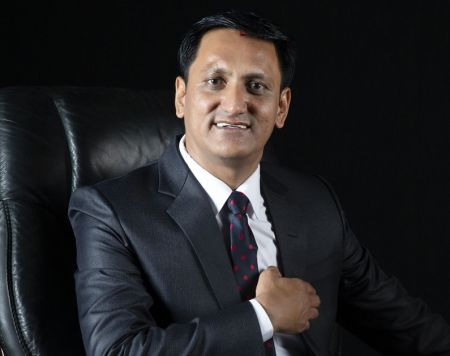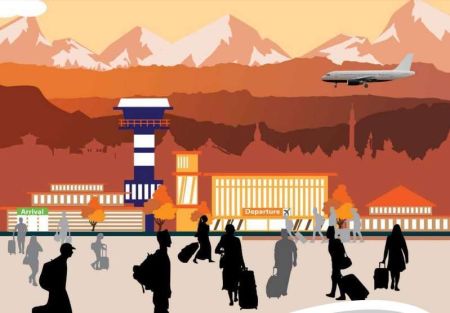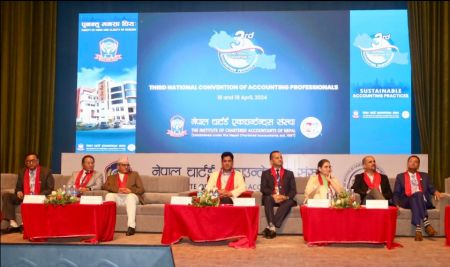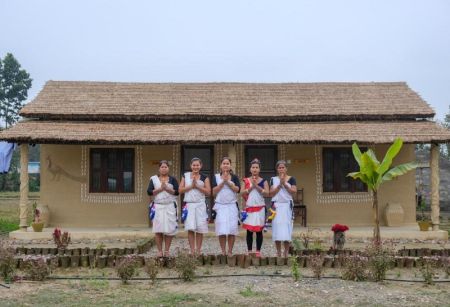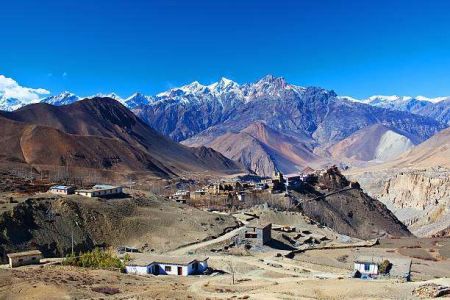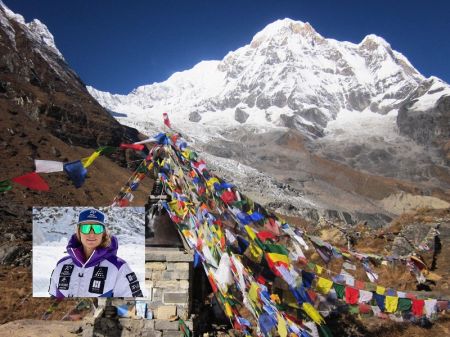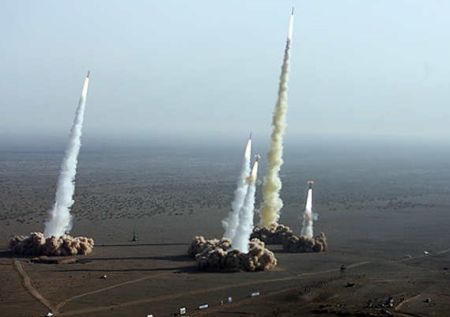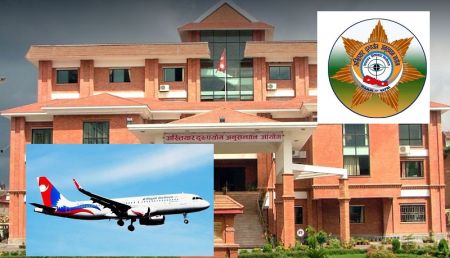With no other similar programme introduced even at the international level, the college had to start the course by developing a completely new curriculum on its own.
--BY KRISHANA PRASAIN
With traditional methods of agriculture gradually becoming replaced by modern farming techniques, Nepal needs skilled farmers or agriculturists versed in modern agriculture technology to uplift agricultural production which accounts for over 40 percent of the country’s GDP. There are not many university level courses available in the country for prospective students who are looking to build their careers in the agricultural sector.
However, Purbanchal University (PU) affiliated Himalayan College of Agricultural Sciences and Technology (HICAST) has been running its Master of Science in Agriculture (M.Sc. Ag.) in Agricultural Business Management for the last three years. “The course targets to better the agricultural sector with modern management techniques,” says Dr Binayak P. Rajbhandari, Founder and Executive Chairperson of HICAST. “We came up with the programme having noticed the lack of trained human resource in the different areas of agriculture such as technology and marketing.”
HICAST introduced this postgraduate degree in 2013 becoming the first private college in Nepal to start the programme under the Science and Technology Faculty of PU. Since the college focuses on agricultural studies, it uses the slogan ‘Agricultural Revolution through Quality Education’ as its moniker. “We always hear our political leaders talk about the modernisation and commercialisation of agriculture as the need of the time to improve the national economy of the country,” he says. But he adds, “Nevertheless, speeches alone cannot bring changes in the sector. We need skilled human resources for that purpose.”
The internationally recognised course provides students with in-depth theoretical and practical knowledge of agri-business economics, statistics, financial management, post-harvest technology and food processing. The programme incorporates field experience where students visit farms and the businesses working in agriculture in order to widen their knowledge. The programme also teaches students about research methodology and research planning in a qualitative way. “Since the subject of agriculture is a mix of science and the arts, different aspects of agriculture such as the social, environmental, ecological, economical and political are studied under the M.Sc in Agribusiness Management,” informs Dr. Rajbhandari.
With no other similar programme introduced even at the international level, the college had to start the course by developing a completely new curriculum on its own. HICAST is known as the pioneering college in Nepal in agricultural studies having introduced different graduate and postgraduate programmes in the subject. The college was the first to start a post-graduate programme in Dairy Technology and Meat Technology. The three postgraduate programmes including the M.Sc. Ag. in Agribusiness Management in the country are only offered by HICAST.
The college receives around 25 applications for the programme where 10 students are selected through entrance exams. However, due to increasing demand, the college will be admitting 15 students in one enrollment from the upcoming intake.
Likewise, the college has introduced Commercial Horticulture and Sustainable Agriculture and Climate Change as two new courses this year at the postgraduate level. These too have seen a lot of interest from students. “We are enthused by the growing number of applications for the programmes,” shares Dr. Rajbhandari.
About the course
The two-year agri-business management programme is divided into four semesters mainly focusing on the management aspect of agriculture business. “The subject of Post Harvest Technology in Agribusiness and Sustainable Agriculture and Farm Management are taught in the second semester which incorporates various aspects of agricultural management,” says Dr Rajbhandari. As the course is based on agriculture, frequent field visits are conducted to broaden the knowledge of students. Students need to present a seminar after each field visit. The last fourth semester is for thesis research, seminar and thesis defense by all students.
The programme carries a total of 60 credit hours where one credit hour of theory class includes a maximum of 15 lecture classes and one credit hour of practical classes has 12 practical sessions.
The course of study of the first semester syllabus includes Basics of Agribusiness Management, Project Management, Finance and Accounting Management and Agribusiness Marketing Management. Meanwhile, students are required to study Post Harvest Technology in Agribusiness, Sustainable Agriculture and Farm Management, Applied Agribusiness Economics, Entrepreneurship for Agri-food Industry and Organizational Behavior and Human Resource Management in the second semester. Likewise, Quality Management Systems in Agribusiness, Business Research Methodology, Agriculture Trade and Policy, Applied Decision Support System, Agricultural Supply Chain Management and Business Statistics are included in the third semester. While in the fourth semester, students are required to present their seminar papers and thesis.
Scope
The graduates of M.Sc. Ag. in Agri-Business Management have huge scope in the fields such as rural development sectors, agriculture, agriculture business and agricultural products marketing. According to Dr Rajbhanhdari, the course is also very useful for the students who want to start agricultural enterprise or business themselves.
Admission criteria
Graduates of B. Tech or B.Sc in Food/Dairy/Bio-Technology, B. Sc. Agriculture, B.E. in Agriculture, Bachelors in Veterinary Sciences and Animal Husbandry (B.V. Sc and A.H) from PU or any institute or university recognised by PU securing at least 50 percent aggregate mark are eligible to apply for the course.
Scholarships
HICAST is providing scholarships to 10 percent of students out of the total who enroll for the programme. “PU will publish the merit list and the students securing the highest marks will get scholarships,” he says.
Fee Structure
The total cost of the two-year programme is Rs 400,000.
Class Hours
HICAST, situated at Kalanki, runs the classes in the morning from 6:30 am to 10 am. That is why this programme is suitable for the jobholders also.


